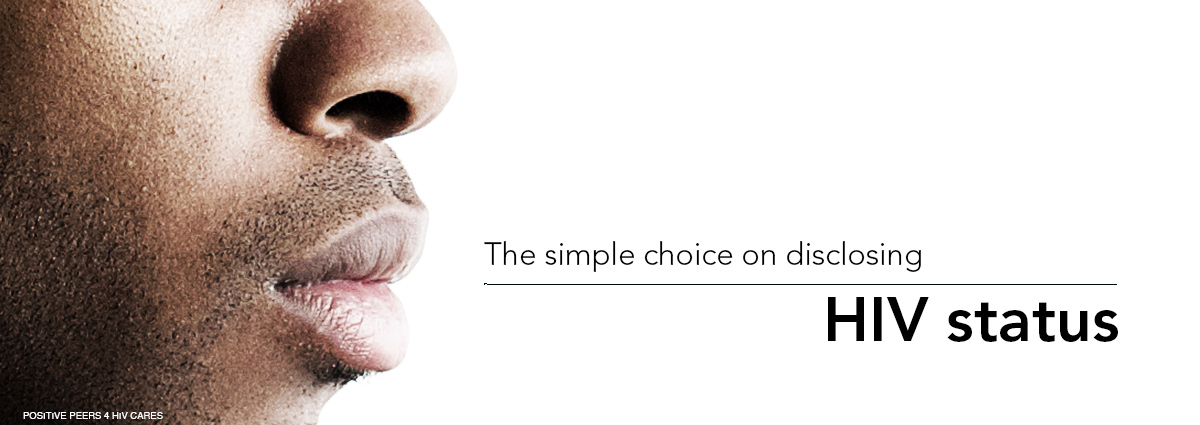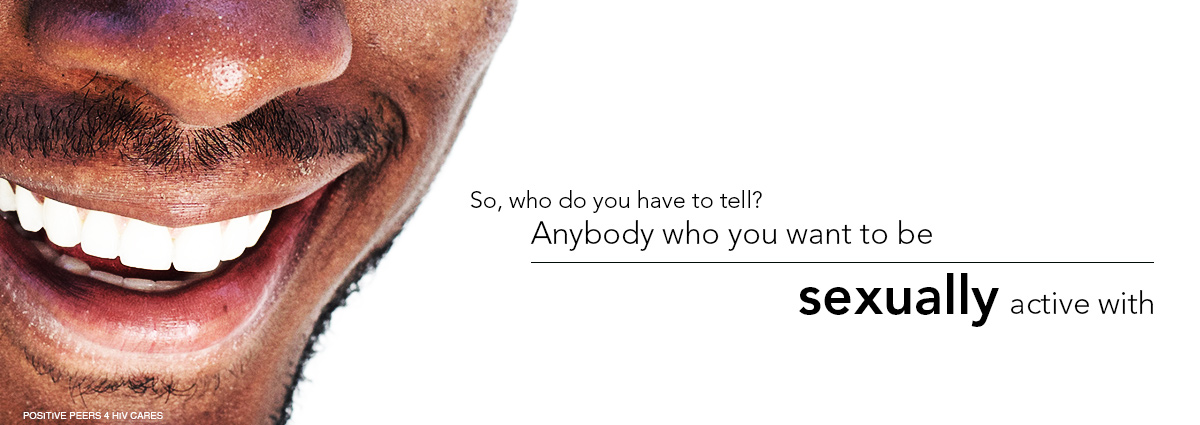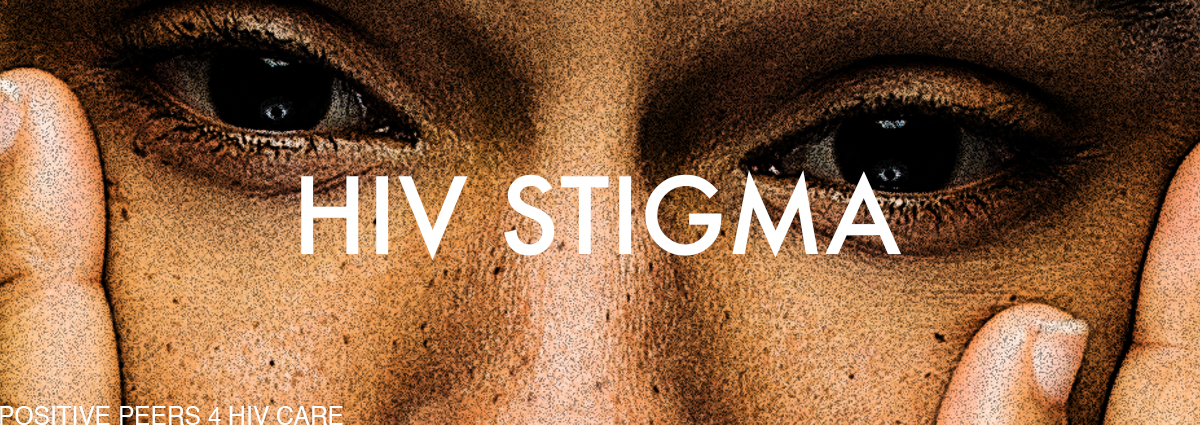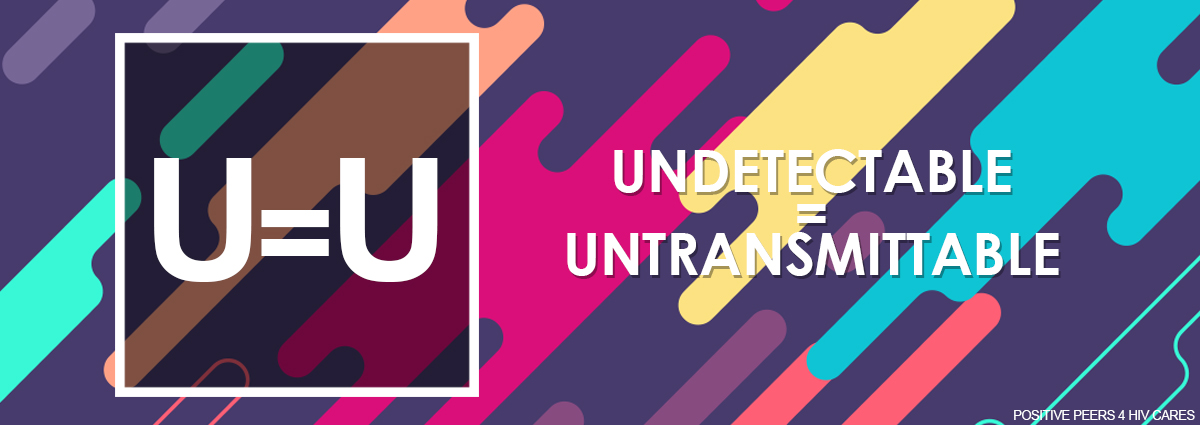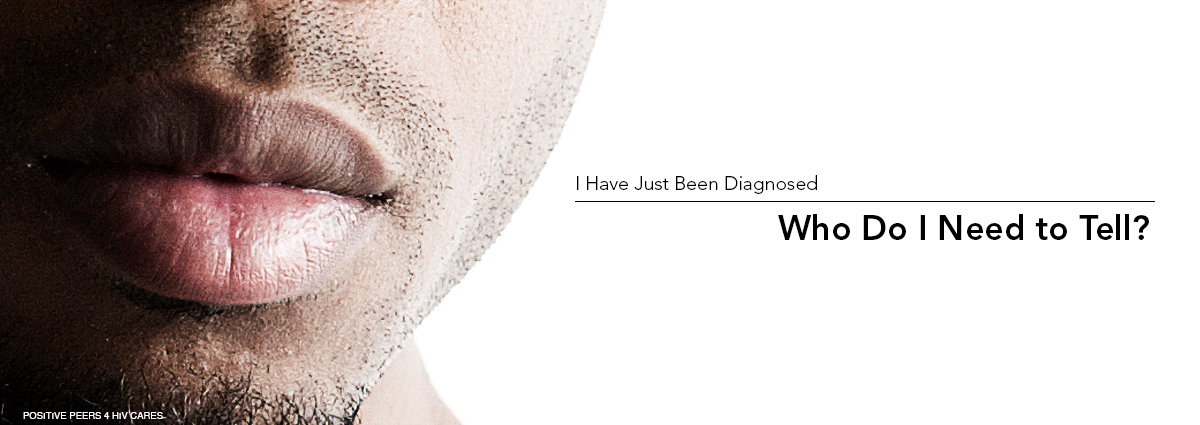
By: Jennifer McMillen Smith, LISW-S, HIV Social Worker at MetroHealth Medical Center and medically reviewed by Ann K. Avery, MD, Infectious Disease Physician at MetroHealth Medical Center
Once you find out you’re HIV-positive, you have to decide who to tell.
Some choices are super simple (but often not easy to do): You have to choose because it’s the law (and the right thing to do). Some choices are really hard: There are so many pluses and minuses of HIV disclosure that it’s tough to make up your mind.
The simple choice on disclosing HIV status
People who are HIV-positive usually (depending on what state they live in) are required by law to inform anyone they have sex with before the sex happens.
Since it’s a crime not to tell, it’s a pretty clear decision to disclose your status to them. Actually doing it is much harder, of course.
Come join our private, stigma-free, supportive community.
Health management tools with medication & appointment reminders.
Social networking in a community conversation & private chats.
So, who do you have to tell?
Anybody who You want to be sexually active with, before you have sex (even just oral sex!)
You don't necessarily have to tell everyone in person that they may have been exposed. You can tell the partner notification person from the local Health Department and they’ll take care of the rest. They can tell people they need to get tested without identifying you.
Of course if you were the only one who possibly could’ve exposed them to the virus, you won’t really be anonymous. Sorry, there’s no way around that.
Things start getting tricky when you have to tell somebody you’re really close to — a lover, a spouse or a best friend you share needles with if you’re an injection drug user.
It’d be nice to know how they will react. But nobody can predict that for sure. Just be very careful about what you say and how you say it. Stick to the facts and try not to get emotional. It might be a good idea to tell them in a public place, like a coffee shop, if you think they may try to physically harm you when you tell them.
Choosing to tell your parents is similar. Most parents will be totally supportive, but not all. If you’re worried about your safety or getting the right support you need to seek treatment, talk to your HIV counselor.
You don’t have to tell your employer you have HIV. The hard choices on telling people about HIV status
The really tough choices on HIV disclosure apply to everybody else: Friends, sisters, brothers, teachers, co-workers. It can be tricky to figure out if you should tell anyone – and if so, who?
Start by asking your HIV counselor how you go about telling people who haven’t been exposed to the virus. And ask about support groups that can help you figure out what to do.
The standard advice is to tell one or two people you completely trust. Tell them directly they cannot tell anybody.
It’s usually good to talk things over with a trusted friend or relative. They can help you make a lot of the tough choices. They can reassure you everything’s going to be fine (as long as you stay on your meds).
A couple more things to think about before you reveal your status:
-
- Gossip. Anybody you tell could talk about it to somebody else, and before long you could become the subject of gossip. This is a good reason to tell only a few people you can really trust.
- Stigma. This still happens: Telling people your HIV status may cause negative reactions. They may not want to be around you anymore. Just keep in mind that’s on them, not you. You have an infection that’s being treated — they have no right to judge you.
Related Blogs:
